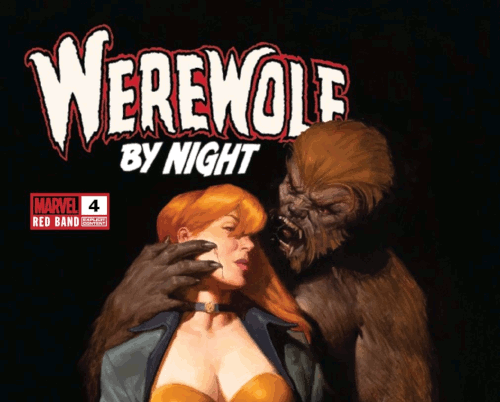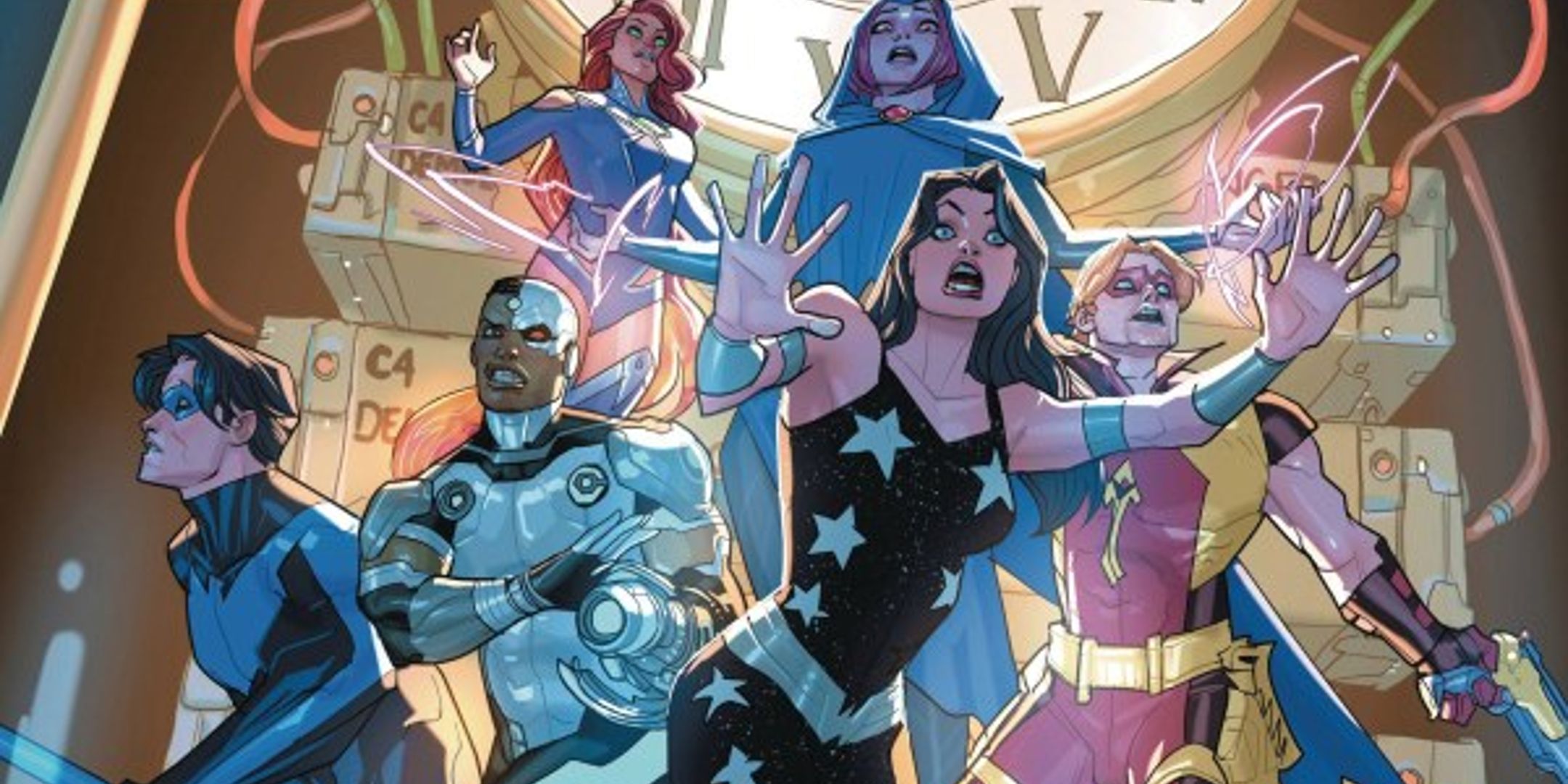
The early 1990s music scene underwent a seismic upheaval when the grunge genre burst out of the Pacific Northwest. As far as the general public knew, bands like Nirvana, Alice in Chains, and Soundgarden were spearheading a new wave of music.
But a closer look reveals that the rise of grunge wasn’t as organic as it seemed. In fact, major record labels deliberately fabricated the genre, driven by financial motives and a desire to replace still-popular glam and metal bands that had become too expensive to maintain.
 Not a coincidence
Not a coincidenceThroughout the 1980s, glam metal and hard rock bands dominated the charts. Acts like Mötley Crüe, Def Leppard, and Poison won massive followings, but their success came at a high cost. These bands commanded larger and larger percentages and advances, a trend epitomized by Mötley Crüe’s 1991 deal with Elektra Records.
That $25 million contract, a staggering sum for the time, strained their relationship with the label. With other glam and metal acts also demanding big deals and lavish promotional budgets, record companies were feeling the squeeze.
 “Famous Metal Act Overpaid!” “Shabby Punk Band Is the New Hotness!” (Articles unrelated [or are they?])
“Famous Metal Act Overpaid!” “Shabby Punk Band Is the New Hotness!” (Articles unrelated [or are they?])Grunge offered the labels an out. The actually motley collection of punk, hard rock, and metal bands tossed in the grunge box had a far more stripped-down presentation and much less experience than veteran glam acts, which appealed to labels looking to cut costs. Instead of supporting hair bands’ bloated arena tours and flamboyant styles, labels could invest in the DIY aesthetic of grunge.
Nor did it hurt that bands like Nirvana and Pearl Jam could be signed from indie scenes with much lower overhead, making them an attractive alternative for cost-conscious executives. See veteran audio engineer Steve Albini’s jaw-dropping 1993 exposé detailing how record companies paid their new talent like 7-11 clerks. Note that Albini’s piece specifically cites Nirvana, a band he’d personally recorded.
Despite the image that grunge was a cohesive musical movement, the bands lumped into this category didn’t share much in common musically. In fact, they fit more comfortably into existing genres.
Nirvana, the poster child for grunge, was a punk band. Their aggressive, raw sound and DIY ethos came straight out of punk rock, not some new Seattle-born genre. Nevermind, their breakthrough album, owed much more to bands like the Pixies and the Melvins than any supposed grunge sound.
Lest you doubt, consider the conversation which took place at U2’s Madison Square Garden show in March of 1992:
David Grohl, Nirvana’s drummer, came to a U2 show during the first leg of the Zoo TV tour to visit the opening act, the Pixies. Bono invited him in for a talk. Bono mimics Grohl chewing gum and saying, “Hey, man. nothing against you, but I don’t know why the Pixies would do this.” Bono asked if Grohl didn’t think it was brave of the Pixies to try opening for U2 in arenas. Grohl didn’t buy it. “We’ll never play big places,” he said of Nirvana. “We’re just a punk band.* All this success is a fluke. Tomorrow I could be somewhere else.” Bono told him to never say never: “You don’t know what you’ll want to do in five or ten years. It was all new to us, we had to learn it too. Why paint yourself into a corner?” “Nah, man.” Grohl said. “We’re just a punk band.”*
*Emphasis mine
Alice in Chains, meanwhile, can safely be called a metal band. Their heavy riffs, dark lyrics, and association with the early metal scene in Seattle made them far more akin to Metallica or Black Sabbath than other grunge bands. Their album Dirt remains a quintessential metal record, complete with the genre hallmarks of drop-tuned guitars, distorted soundscapes, and brooding themes.
Soundgarden? They sprang from hard rock. Chris Cornell’s soaring vocals and the band’s complex song structures drew heavily from the classic rock tradition, with clear influences from the likes of Led Zeppelin. They also inherited a penchant for exploring sonic textures and epic arrangements from the progressive rock bands of the 70s.
And Pearl Jam, often considered a grunge cornerstone, was more of a throwback to classic rock with a tinge of alternative. Their blend of blues-inspired guitar riffs and introspective lyrics made them sound more like Bruce Springsteen or Neil Young than the disaffected grunge stereotype.
Say what you will about the major labels’ decision, replacing overgrown expensive acts with younger, cheaper talent makes business sense. Yet the question remains: Why fabricate a genre?
The creation of grunge was largely a marketing strategy. Record labels wanted a new look for the 90s, so they chose to frame their new acts’ necessarily shoestring aesthetic as a revolt against the excesses of the ’80s. That strategy positioned the new style to be portrayed as more “authentic”. But such a drastic heel turn needed a new genre to hang the new image on.
Despite the newly signed bands not belonging to a cohesive movement, the labels needed a way to market them effectively, especially as MTV became a dominant force in music promotion. By grouping these disparate acts under the grunge banner, record companies could present the public with a new brand that felt fresh and exciting. The grunge label allowed the industry to package and sell these bands as part of a unified cultural shift, even though their actual styles varied widely. That was the genesis of infamous blunders, like when an ex-receptionist at Sub Pop–the same indie label that Albini mentioned selling off Nirvana–pranked The New York Times with a fake grunge lexicon.
The rise of grunge didn’t just bring new bands to the fore—it also led to the rapid sidelining of glam and metal acts. After Mötley Crüe’s massive contract, Elektra Records, like many other labels, changed focus to grunge, pushing many metal bands into the background. The success of albums like Nirvana’s Nevermind and Pearl Jam’s Ten meant that record labels no longer needed to shell out big production budgets for hair metal albums.
The contrast was stark, to say the least. Whereas the big metal bands had to invest heavily in production, promotion, and stage shows, grunge acts could thrive on the bare minimum. This fiscal dichotomy made grunge incredibly attractive to labels, and they went all-in, even if it meant faking a genre to capitalize on the moment.
The rise of grunge in the early 1990s wasn’t a natural progression but rather a carefully orchestrated move by record labels to sideline expensive glam and metal acts in favor of cheaper, more manageable alternatives. Bands like Nirvana, Alice in Chains, and Soundgarden never fit into the grunge box. But that was fine where the labels were concerned, especially since nobody noticed. To that effect, grunge was the perfect solution for record companies looking to reshape the industry on their terms. So what began as a marketing ploy became the defining musical trend of the 90s, even if its foundations were far shakier than they appeared.
The deep lore of Tolkien meets the brutal struggle of Glen Cook in the dark fantasy prelude to the acclaimed Soul Cycle.
Originally published here.




















 English (US) ·
English (US) ·